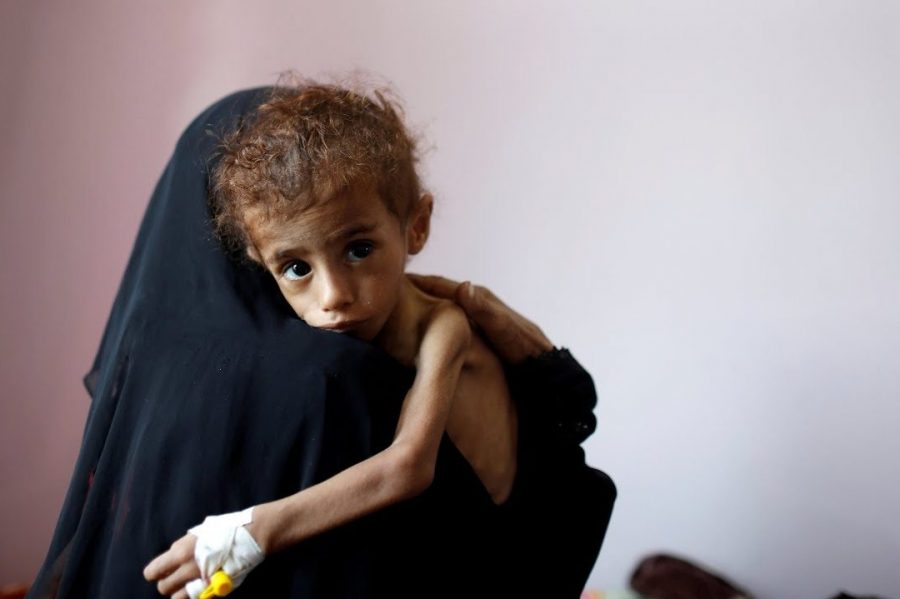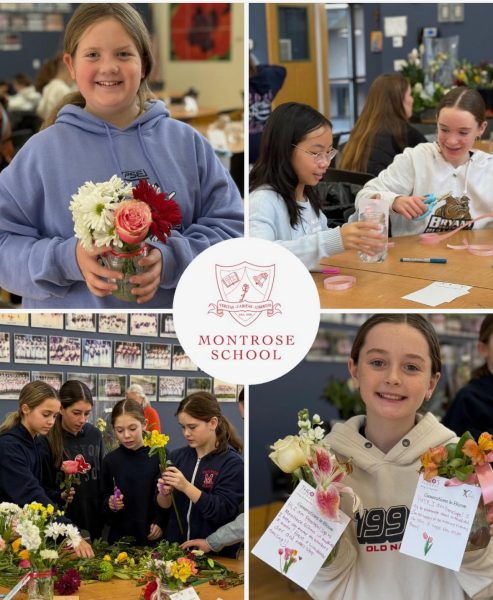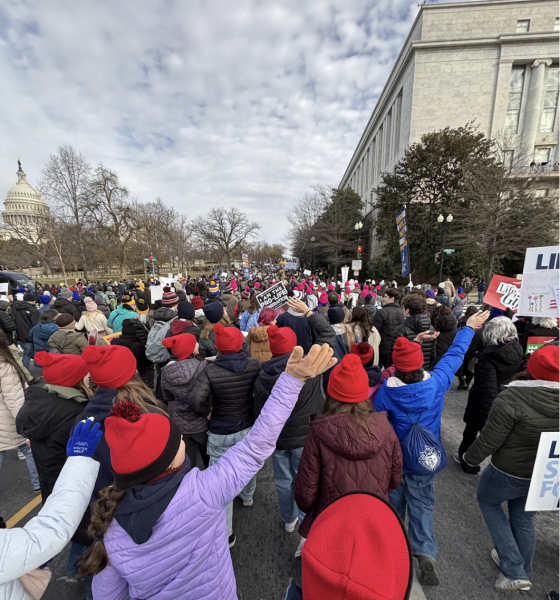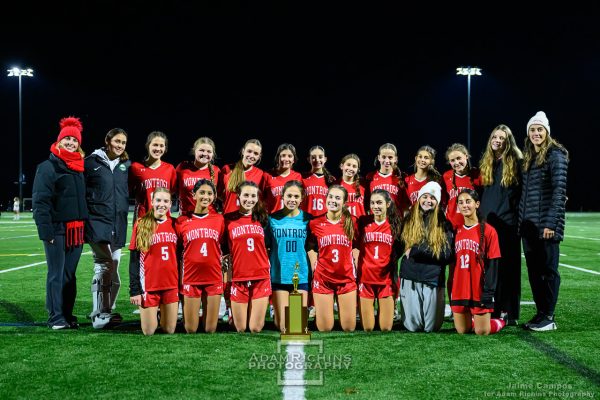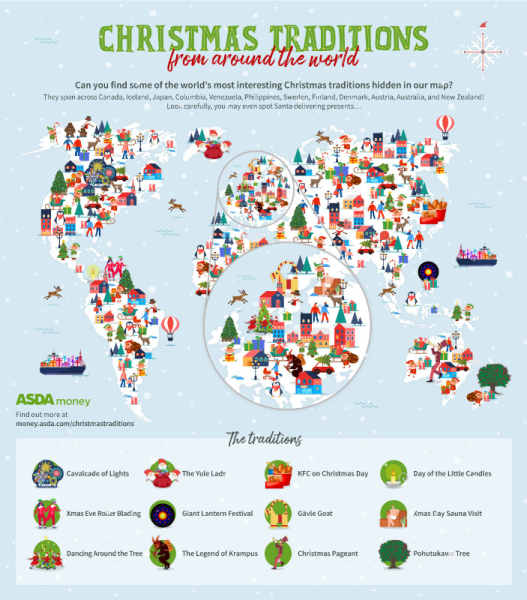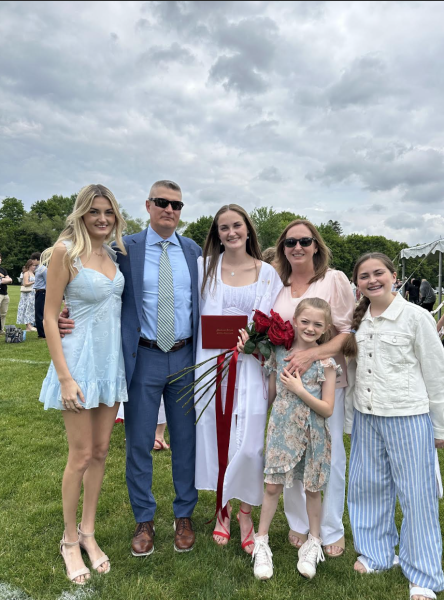Youth for Yemen: Gen-Z Takes Action for the Worst Humanitarian Crisis in the World
One of millions of starving children in Yemen due to the ongoing humanitarian crisis.
A child under the age of five dies every ten minutes in Yemen, yet it doesn’t make the news. Cholera, Covid-19, civil war, lack of food and water, and numerous other issues have become the norm for over 24 million Yemeni people (about 80% of the population). The current humanitarian crisis in Yemen should be a rude awakening for all of us.
On Friday, August 14, 50 teens from 16 different schools and 3 different states joined together over Zoom for a 24-hour Youth for Yemen initiative to educate ourselves and take action for the humanitarian crisis in Yemen. Participants signed up to attend a one-hour time slot at any time from 12AM-11:59PM. During the one-hour slot, everyone used a guide broken into 10-minute segments that explained the historical context of the crisis and the real human impacts of extreme political conflict spurred by powerful governments. Every ten minutes (between each segment in the guide), participants paused to say a prayer or think of gratitude in memory of that child in Yemen.
Here’s a link to the event guide, which includes resources to learn about the crisis in Yemen and donate to UNICEF and other foundations. Please share these resources, especially two that let you donate to Yemen without paying any money:
Freerice.com – Answer quick questions on different educational topics and donate five grains of rice for every correct answer!
Watch to Donate Video – Run this video and let the ads play and the ad revenue will be donated to Yemen.
In retroflection to the Youth for Yemen event, I feel overwhelmed with compassion for the people of Yemen and overwhelmed with gratitude for every single person who participated in this event. Yemen has been suffering for decades. The five-year civil war and Covid-19 crisis have only caused the nation to sink deeper into widespread malnutrition, starvation, and poverty. Yemen is on the brink of widespread famine, and at this point, it seems imminent.
So, what does this have to do with you or me? Like many other attendees, I have never been to a third-world country in my life and I’ve never had to go hungry. While 2020 has been the most eventful year of our lives, we haven’t faced the hunger and health crises that continually inundate the people of Yemen. How can we possibly think that we can make a difference when we feel so removed from the impoverished nation of Yemen?
It’s difficult to find a reasonable response to any of these kinds of questions. We can’t control the United Nations, our government, or the governments of other global superpowers to end the blockade and feed the hungry immediately. We can’t visit the nation of Yemen to witness the pain they endure. We can’t even fully understand the enormity of this humanitarian crisis — especially when we don’t hear about it on the news. Yemen isn’t an election issue this year, and most people don’t know much about it.
But the answers to all of these questions — especially for us — must begin with empathy. I’ve felt unassured by this word, “empathy,” because it feels like a romantic, idealistic, and sheltered response to the worst humanitarian crisis in the world. The night before we kicked off the Youth for Yemen event, I remember feeling deeply discouraged about the entire initiative and began questioning my motives to even think about planning it. Was I only doing this to feel better about myself while millions of people continued to suffer? Did I really think that something like this could make any difference?
I talked to my dad about this, a former Peace Corps volunteer who has lived in Yemen and understands the complex political conflicts in the Middle East. We went through the event guide to make sure that it included cohesive and understandable information. His support helped me realize that an event like Youth for Yemen could bring people together during a pandemic to talk about a crisis we all need to care about. Fifty members of Gen-Z felt willing to give an hour of their time and energy during summer vacation to pray, learn the historical context of Yemen’s civil war, and tackle the big questions about humanitarian crises. Those fifty teens could tell others about the crisis, and those people could pass on the message further. We could be a part of something larger than ourselves.
Throughout the 24-hour call, I joined the Zoom call at the top of each hour to make sure that the time-slot transitions ran smoothly and to hear from everyone who participated. Time and time again, people reflected upon how shocked they felt by the videos and articles. We couldn’t believe this crisis continues to unfold today while it’s not taught in schools and hasn’t made it to our dinner table discussions. The most common words that people said at the end of their hour were “eye-opening” and “perspective.” Whether it was 3AM or 3PM, we all felt shaken.
Youth for Yemen was made for empathy. Prayers are heard, small donations count, educating ourselves matters, and people listen. We have to believe that our moments in reflection, prayer, and shock over the Yemen crisis matter. It’s the only place to begin. I originally planned to write this reflection immediately after the 24-hour call ended, but I feel thankful that I waited. The compassion and gratitude hasn’t faded. Youth for Yemen didn’t solve the Yemen crisis by any means — we didn’t even make a dent. But I truly think that we could have made a nearly invisible scratch, and that’s what makes it all worth it.
To everyone who came to Youth for Yemen — thank you, from the bottom of my heart. This is the starting line, not the finish line. We have so much work to do, and it begins with empathy.
Read reflections below from some of our Youth for Yemen participants:
“There are hundreds of problems going on with our world and it’s really difficult to sort and focus on each problem individually. This meeting really helped me dedicate a full hour to a problem without being distracted. One thing I really took away from this is my gratitude for the environment and country I am born in. While I’m definitely not invalidating the different levels of suffering every individual faces in our country, this meeting helped me appreciate the gifts I have received including proper sustenance, shelter, and safety.” — Faith Chen ‘22
“Youth for Yemen opened my eyes to a crisis which I’m embarrassed to say I didn’t even know was happening. Now I have the Yemeni people in my daily prayer intentions. I especially pray for the malnourished children, whose faces I think I will remember most from the hour. It‘s incredible that Maevis put the event together, terrible that there was a need for it in the first place, and beautiful that we got to share an hour in solidarity with Yemen and even learn how we could help the Yemeni people.” — Anna Sheehan ‘21
“I hesitated to sign up because I didn’t know what it was going to be like, but I am so happy I did. Maevis put so much hard work into this!! I walked in completely uninformed and very selfish, but now I am informed and inspired to take action. It was really hard watching the videos and reaching about all the different things going on in Yemen, but I think those were what really impacted us. One thing the group will remember is the first video of the children. The night before when I was telling my mom about the event, she told me to not watch the hard videos because she knows how much I could be affected by that, but I decided to watch them anyway and I think that video is what really left an impact on me. I tried to put myself in the same position as those children. As a preemie and a weak baby, I would not have survived. This whole thing allowed me to realize how much I take for granted: food, water, love, medicine, safety.” — Neha Sunkara ‘21
“I love how this event was so guided. Maevis put together an amazing list of resources (in order!) that made it easy to stay on task and in a reflective headspace. When the first resource was an hour long watch-to-donate video to play while we were on Zoom, I knew she had spent so much time coordinating this and it was so so smart! I learned so much when I took the time to read in-depth and I love that parts of the human stories/emotional appeal were also included. And there was flexibility and choice in the resources so it didn’t feel like a chore. After reading background info, I could pick which sources to watch/read. And the donation suggestion of one hour of your paycheck was perfect! The community aspect (like a group FreeRice team) keeps people accountable and motivated.” — Mariel Rosati ‘19
“Sometimes you can feel discouraged by what’s happening in Yemen, because you can’t resolve the political situation, and when you try to help aid workers they’re blocked by the people fighting over politics. But this reminded me that we’re here to help one another. If I can let one person know about this situation, and they can let another person know… affecting one person’s life isn’t nothing. We start with one person, and all together we can work our way up to changing the world. The layout of this Zoom call was so helpful. It made the time fly by to have specific activities for each ten minutes, and I learned so much about ways to help, and ways to educate myself.” — Elena A.
“Lately I have been feeling very overwhelmed and helpless when faced with what feels like a barrage of bad news. On social media, I see countless videos urging me to stop scrolling and listen about a new case of police brutality, the treatment of Uyghur Muslims in China, the Beirut explosion, and the crisis in Yemen….Because of all this, I was really grateful to be presented with links and videos about what is happening. I also liked how the hour was split into 10-minute sections because then I didn’t feel rushed or stressed. This hour put my life into perspective too. I am so privileged to be living in my hometown, to have a roof over my head, food, water, my health, and a loving family and friends. I think that I have been thinking about my blessings a lot more since the pandemic, but learning more about the crisis in Yemen made me even more aware of my blessings. The videos of innocent children enduring bombings and starvation were really upsetting especially when I compare their experience to mine and young children in my neighborhood. No person or child should have to endure what the people of Yemen are going through. It made me angry to see how this crisis was caused by political conflicts. I think that it is also human nature to have compassion and a desire to help others. The fact that this event was organized and 50 teens were willing to participate demonstrates this.” — Grace B.
“It’s very nice to see someone step out of what’s happening in their own country, think outside of themselves, and provide a space for others to do the same. You’re not going to think about something like this day today because you’re not affected by it. But this brings Yemen’s situation and people into your everyday life.” — Miriam E.
Maevis Fahey ‘21, Editor-in-Chief
21mfahey@montroseschool.org

